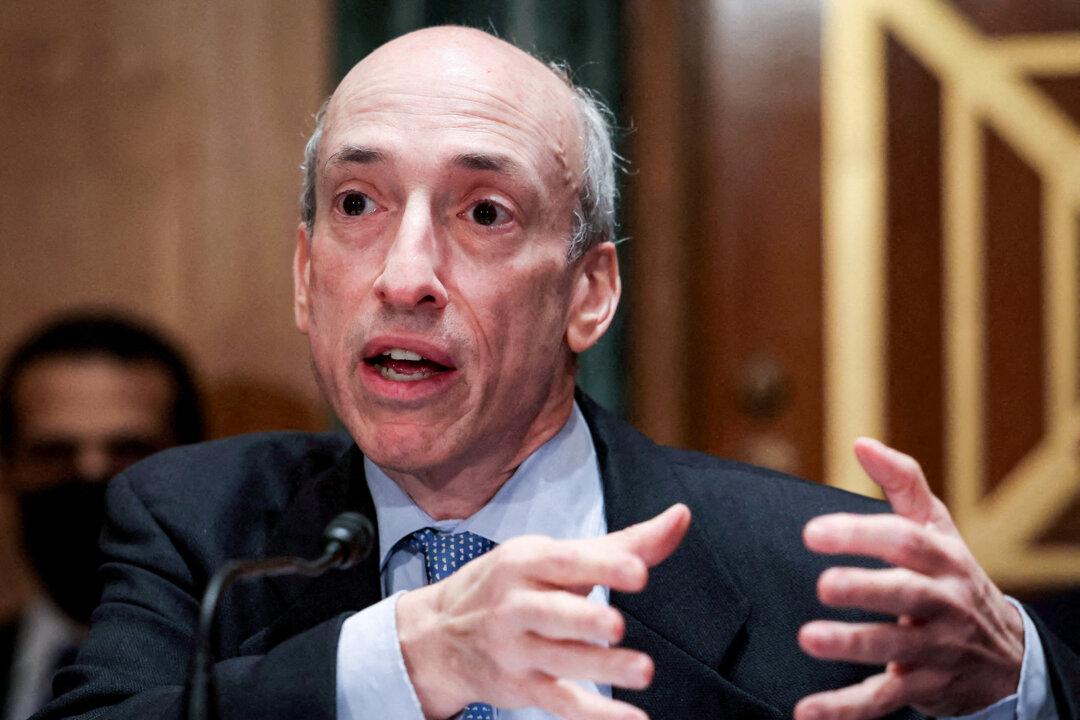Nine more states have filed a lawsuit against the Securities and Exchange Commission’s (SEC’s) controversial climate disclosure regulations.
The lawsuit, led by Iowa Attorney General Brenna Bird, was filed in the U.S. Court of Appeals for the Eighth Circuit on March 13. It challenges an SEC rule requiring publicly traded companies to reveal to investors any climate-related risks that have or are “reasonably likely” to have a material impact on the business.




